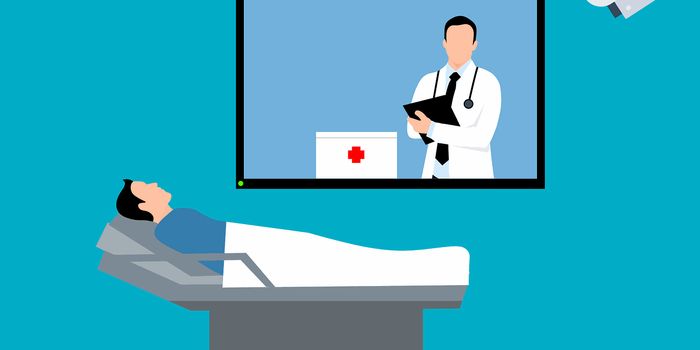Higher Antioxidant Levels Linked to Lower Dementia Risk
Higher levels of antioxidants in the blood are linked to a lower risk of dementia. The corresponding study was published in Neurology.
"Extending people's cognitive functioning is an important public health challenge," said May A. Beydoun, Ph.D., MPH, of the National Institutes of Health's National Institute on Aging, one of the study's authors.
"Antioxidants may help protect the brain from oxidative stress, which can cause cell damage. Further studies are needed to test whether adding these antioxidants can help protect the brain from dementia," she added.
For the present study, the researchers used data from the third National Health and Nutrition Examination Surveys conducted between 1988 and 1994 alongside follow-up data. The data included tests for blood levels of vitamins A, C, and E, alongside serum carotenoid levels and records for dementia and Alzheimer's disease.
Overall, the study included 7,283 participants who were followed for an average of 16- 17 years. They were divided into three groups based on antioxidant levels in their blood.
In the end, the researchers found that serum lutein and zeaxanthin levels were linked to a lower risk of all-cause dementia. Each standard deviation increase of lutein and zeaxanthin levels- around 15,4 micro mols/ liter- was linked to a 7% lower risk of dementia.
Higher levels of beta-cryptoxanthin, a natural carotenoid pigment found in orange rind, egg yolks, and apples, were also linked to lower rates of dementia. The researchers noted that every standard deviation increase in its levels in the blood- 8.6 micro mols/liter- was linked to a 14% lower risk of dementia.
The researchers say that their findings may be limited as they are based on singular blood measurements and thus may not reflect vitamin and carotenoid levels over time. Furthermore, the association between these compounds and dementia risk became weaker when considering factors such as education, income, and physical activity.
Sources: Neurology, Science Daily









